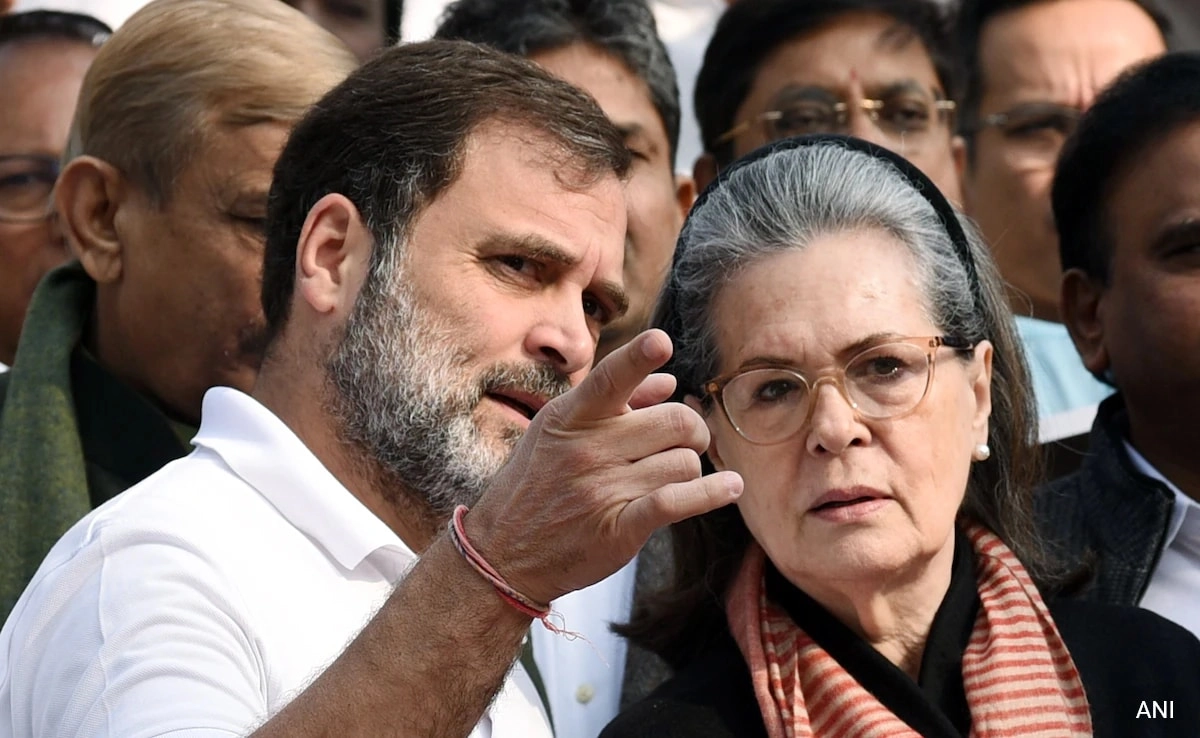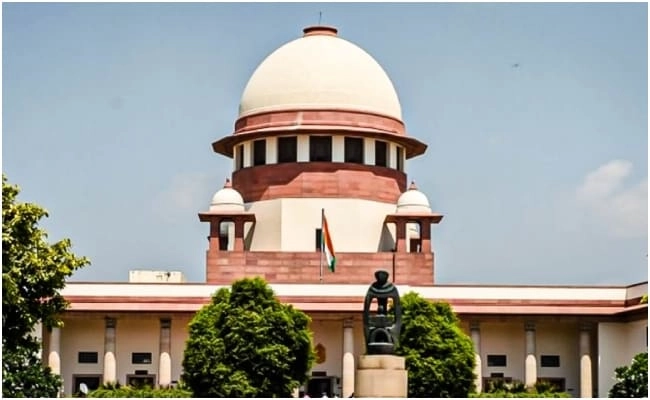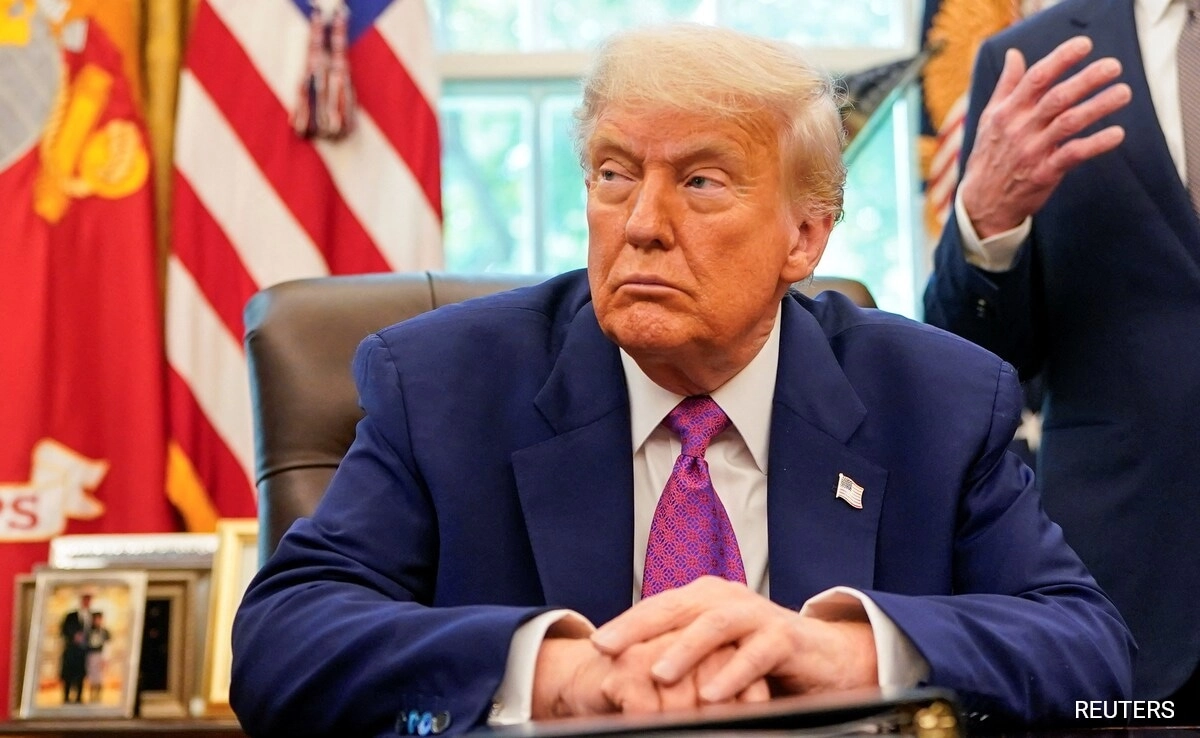In a recent development, a probe agency has alleged that Sonia Gandhi and Rahul Gandhi, prominent leaders of India’s Congress party, aimed to “usurp” a company valued at Rs 2,000 crore. This claim has emerged amid a broader investigation into financial irregularities and potential misuse of power by political figures. The agency’s findings suggest that there may have been strategic maneuvers intended to gain control over this significant corporate entity, raising questions about the intersection of politics and business in India.
The allegations come at a time when the Gandhi family is already under scrutiny for various political and financial matters. The probe agency’s investigation is expected to delve deeper into the financial transactions and relationships that might have facilitated these alleged intentions. As the Congress party grapples with internal challenges and external pressures, these accusations could further complicate their political landscape, highlighting the delicate balance between corporate interests and political influence.
Furthermore, the implications of this investigation extend beyond the individuals involved. If proven true, the allegations could tarnish the reputation of the Congress party and raise concerns about the ethical practices of political leaders in India. This case serves as a reminder of the ongoing debates regarding accountability and transparency in governance, particularly when high-profile figures are implicated in controversies involving substantial financial stakes. As the investigation unfolds, it is likely to attract significant media attention and public interest, underscoring the critical need for integrity within both political and corporate spheres.




